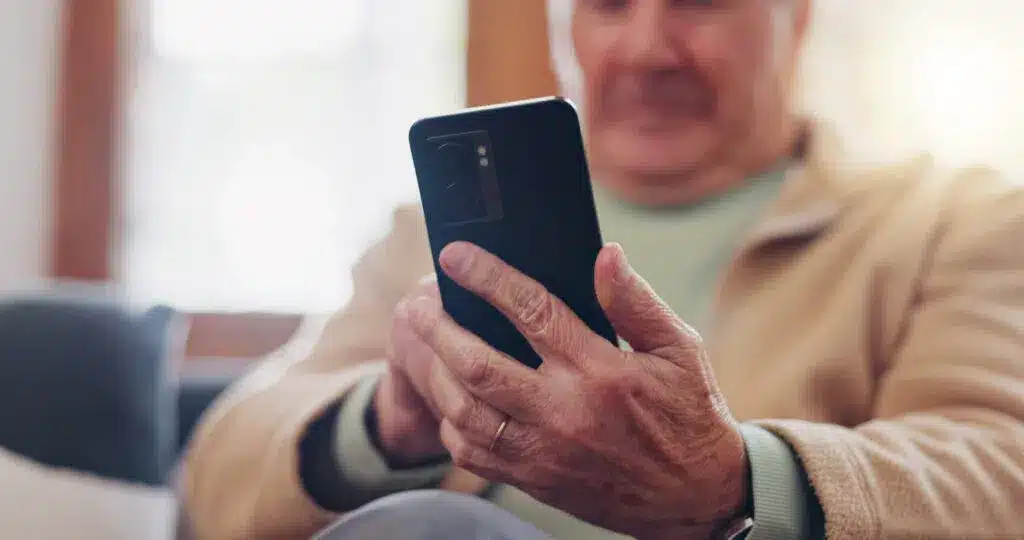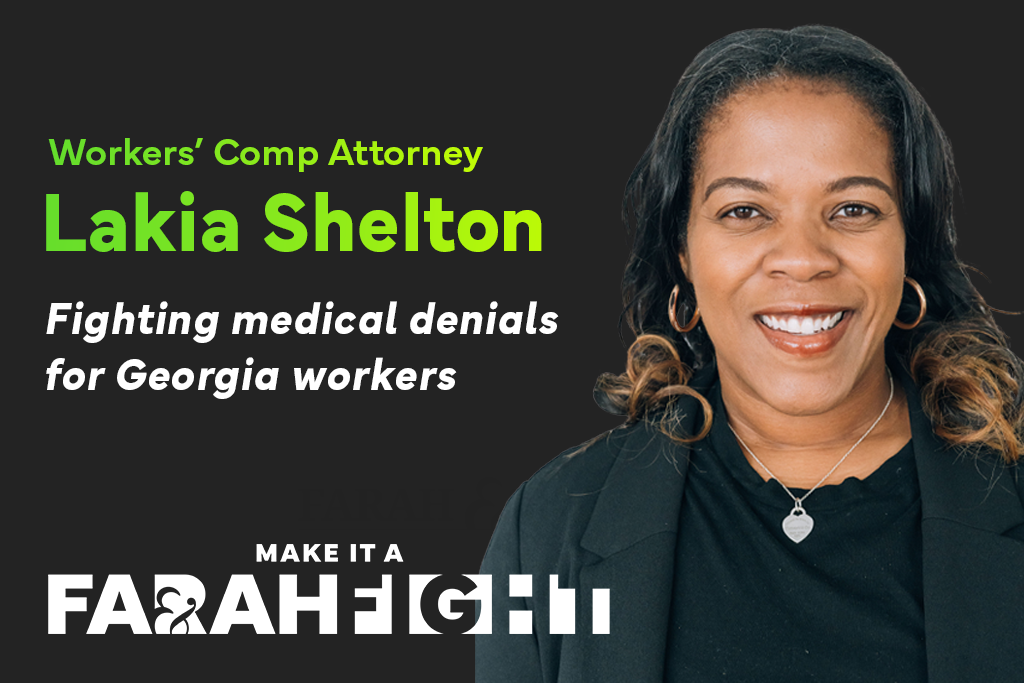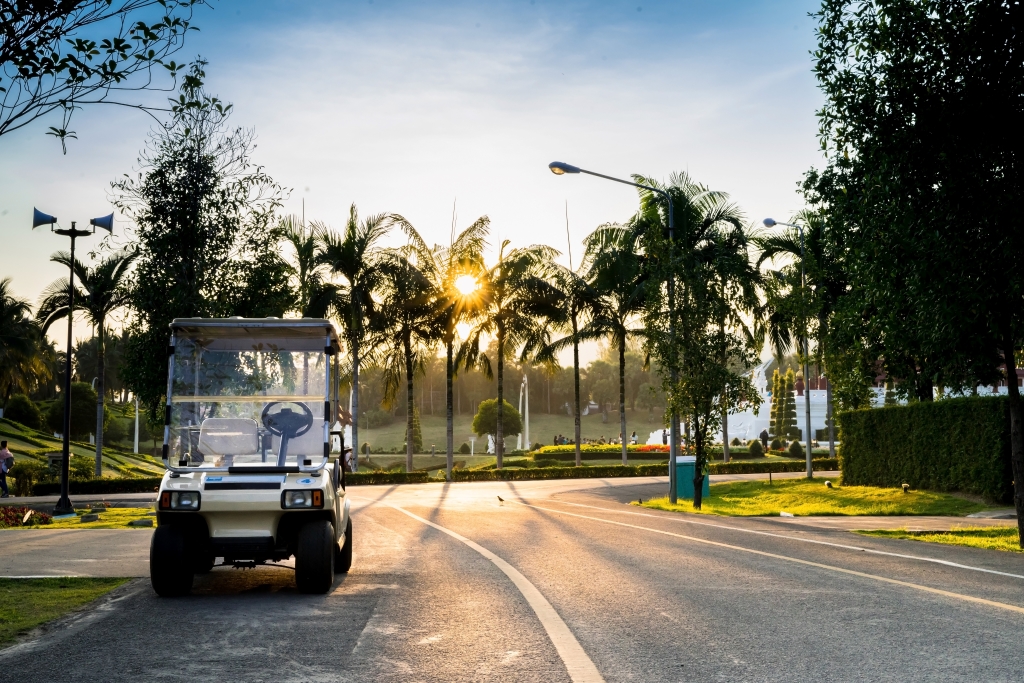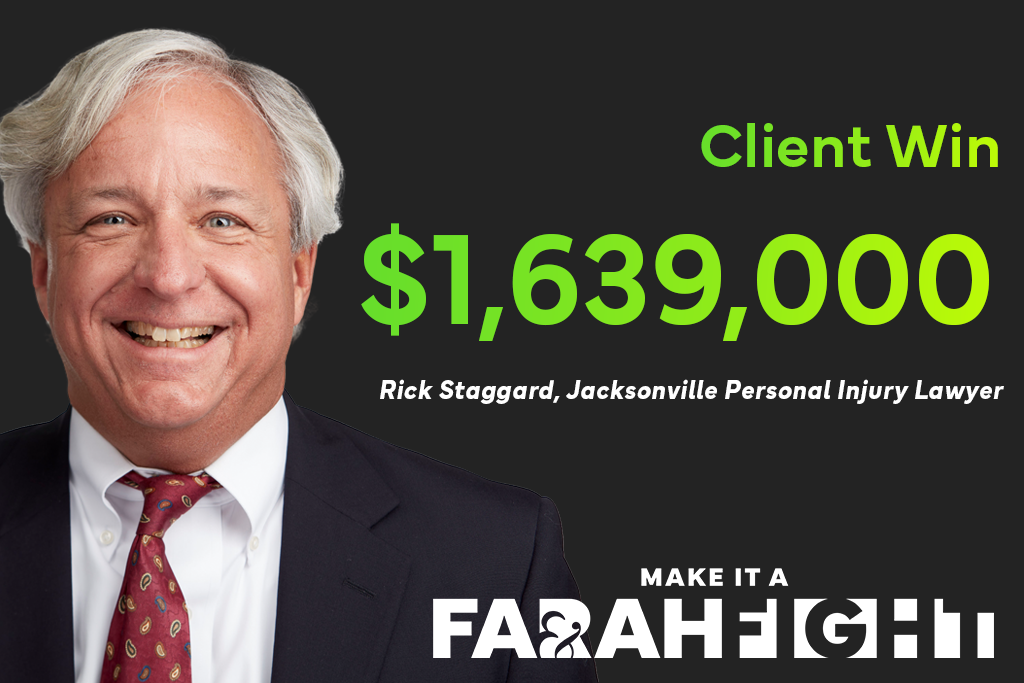Table of Contents
The Perception Problem: How Social Media Posts Can Be Misunderstood
Insurance Companies Look at Social Media
Friends and Family Posts Can Also Hurt Your Case
Understanding Insurance Company Perspectives
Why You Should Avoid Posting After an Accident
Steps To Take After an Accident
In today’s digital age, sharing life’s moments on social media has become second nature. However, after a car accident, that innocent post could seriously jeopardize your injury claim. At Farah & Farah, we understand the complexities of personal injury cases and how seemingly harmless social media activity can be weaponized against you.
We spoke with Scott Burleigh, an experienced attorney at Farah & Farah, who shares critical insights about the intersection of social media and personal injury claims. His experience and knowledge help illuminate why that quick “I’m okay” update might cost you the compensation you deserve.
The Perception Problem: How Social Media Posts Can Be Misunderstood
“Perception is reality,” Scott emphasizes. This simple truth lies at the heart of why social media can be so damaging to your case. When you’re in an accident, posting “I’m fine, just a little shaken up” communicates to friends and family that you’re not in critical condition—but to an insurance company, this becomes evidence that you weren’t injured at all.
A revealing example: “I’ve had this happen before where a client had gotten injured, was getting treatment for several months, and he and his wife had a vacation planned. As they’re on their trip, they’re taking pictures at different locations with big smiles, excited to see this beautiful place.”
Scott went on to explain that the couple didn’t post what happened after their eight-hour flight and in between traveling and activities. “They actually could not do anything the following day because he had to rest because his back was in so much pain. When they were traveling to different sites, they had to take a couple of different days or half days just for him to rest and recover. They didn’t post that part on social media,” Scott notes. “The insurance company only sees the smiles.” When the insurance company sees “the smiles,” they assume you were feeling that way the entire vacation and they will use that against you – and your claim may suffer as a result.
Adrenaline Can Hide Injuries
Right after an accident, your body releases adrenaline—a natural painkiller that can mask injuries. Scott explains that this physiological response can create a dangerous disconnect between what you feel at the moment and what develops days later.
“If somebody’s in a car accident today and they say, ‘Hey, I’m fine, I just have a tiny little bit of neck pain,’’ as that adrenaline wears off over the next three or four days, that tiny little bit of neck pain could turn into ‘Oh my gosh, it feels like somebody is stabbing me in the neck.’”
That early social media post claiming minor or no injuries becomes powerful ammunition for insurance companies looking to dispute the severity—or existence—of your injuries.
Insurance Companies Look at Social Media
The legal landscape has changed dramatically as social media has become ever-present. Scott notes that even ten years ago, questions about social media posts weren’t standard in discovery—the legal process where both sides exchange information. Today, they’re among the first questions asked: What social media platforms are you on? Are you on TikTok? Are you on Facebook or Instagram? These questions can lead to subpoenas that can retrieve your entire social media history—including deleted posts
Scott warns: “Even if you’ve deleted it, even if it’s marked private, social media platforms still have all that information. It’s not permanently gone.”
Friends and Family Posts Can Also Hurt Your Case
Even if you’re careful about your own posting habits, content shared by friends and family can potentially damage your case. While insurance companies may have a harder time obtaining a subpoena for someone else’s social media account, public posts mentioning you remain completely accessible.
Understanding Insurance Company Perspectives
When insurance companies discover social media content during their claim evaluation that can be interpreted to help them, they may present it as evidence that raises questions about credibility—and juries often respond to such presentations. “Your own insurance company may view those posts and could translate your words differently than you intended,” Scott reminds us.
“If questions are raised about your credibility, a jury may be less likely to believe your account,” Scott explains. “For example, in a case where someone was in a serious accident, their social media post from an hour after the accident saying ‘I feel okay, just a little bit shook up’ might be presented to contrast with later injury claims.”
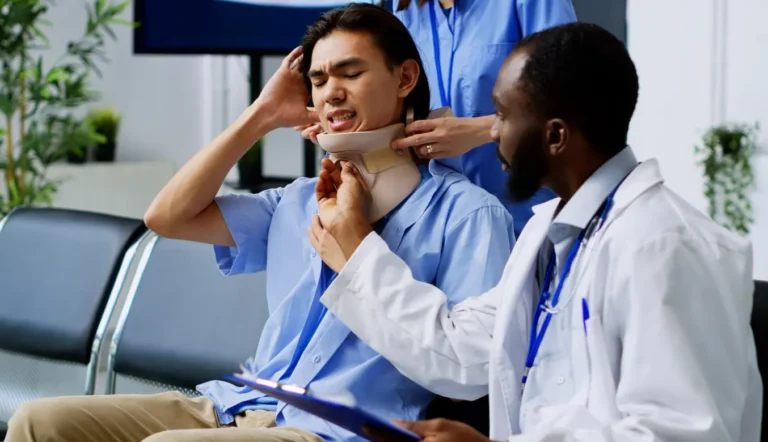
If you were injured in an accident due to someone else’s negligence, Farah & Farah is here for you. We’ve relentlessly fought for the right to compensation for our clients and their families since 1979.
Why You Should Avoid Posting After an Accident
Another complexity that social media fails to capture is how injuries evolve and manifest differently over time. Scott describes several scenarios that insurance companies often exploit:
Pain Masking
When one injury causes severe pain, it can mask lesser pain elsewhere. As the primary injury improves, other injuries become more noticeable.
Compensation Injuries
When you favor one injured area (like limping to protect a hurt right hip), you may overwork and eventually injure your left hip.
Referred Pain
An injury in one area can cause symptoms elsewhere. “I’ve seen people get a neck injury, and because it pinches a nerve in their neck, it actually causes pain, numbness, or tingling to travel down their arm, even into their fingers.”
Posts that mention specific pain locations can later be used to claim you’re exaggerating or fabricating new symptoms.
Steps To Take After an Accident
To protect your rights and injury claim, Scott offers clear guidance on the steps to take after an accident:
Call 911 First
Get police to the scene to document everything and collect witness statements.
Take Photos, But Don't Post Them
Document (take photos of) the accident scene, all vehicles involved and their damage, any debris from the cars, the other driver, license plates, and witnesses (get the names and phone numbers of the witnesses for yourself – do NOT assume they will be listed on the crash report, as oftentimes they are not).
Contact an Attorney Before You Contact Your Insurance Company
The first call should be 911, and the second call should be to an attorney who can tell you exactly what to do while you’re still at the scene.
Redirect Insurance Calls
If your insurance company reaches out to you, you may very politely inform them: “Hey, thank you for calling. I have an attorney, let me give you their number.”
The No-Risk Advantage of Legal Representation
Many people hesitate to contact an attorney after an accident due to concerns about costs. Scott dispels this myth by explaining Florida’s contingent fee requirement: “In Florida, attorneys have to work on what’s called a contingent fee, which means the attorney does not get paid unless they get you a settlement (recovery).”
This arrangement means that you face no financial risk when seeking legal representation. Your attorney will advance all costs—from ordering crash reports to obtaining medical records—and only get reimbursed if, and when, your case settles.
Protect Your Rights With Farah & Farah
The moments following an accident are confusing and stressful, and the impulse to share updates on social media is strong. However, the potential consequences can be severe. At Farah & Farah our entire team of dedicated attorneys, including Scott Burleigh, are committed to protecting your rights and working to pursue fair compensation. We serve as your buffer against insurance companies during the claims process.
If you’ve been in an accident, contact Farah & Farah for a free consultation before posting anything online. Remember: what you don’t say can’t be used against you.

